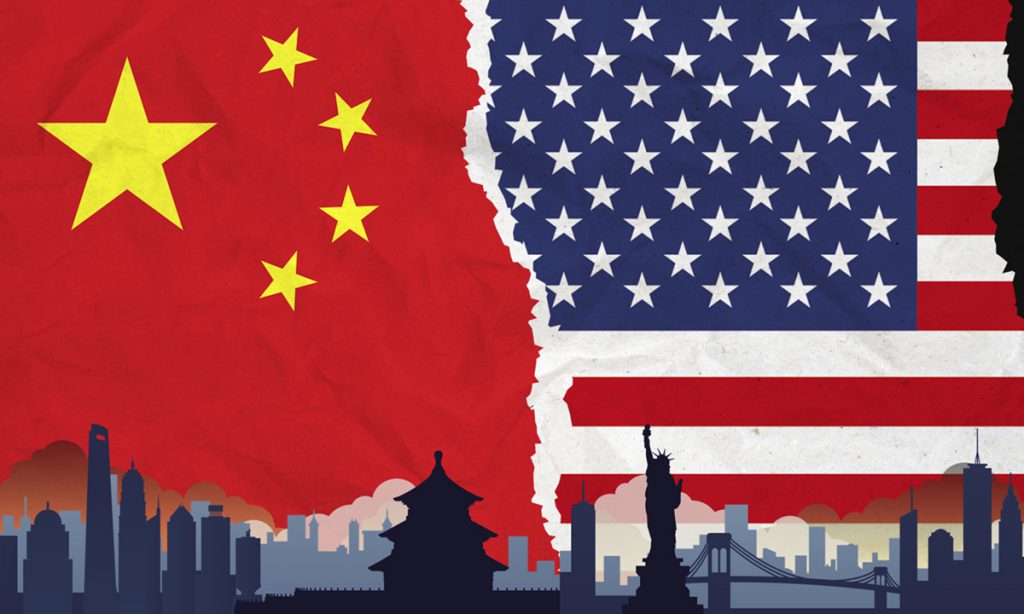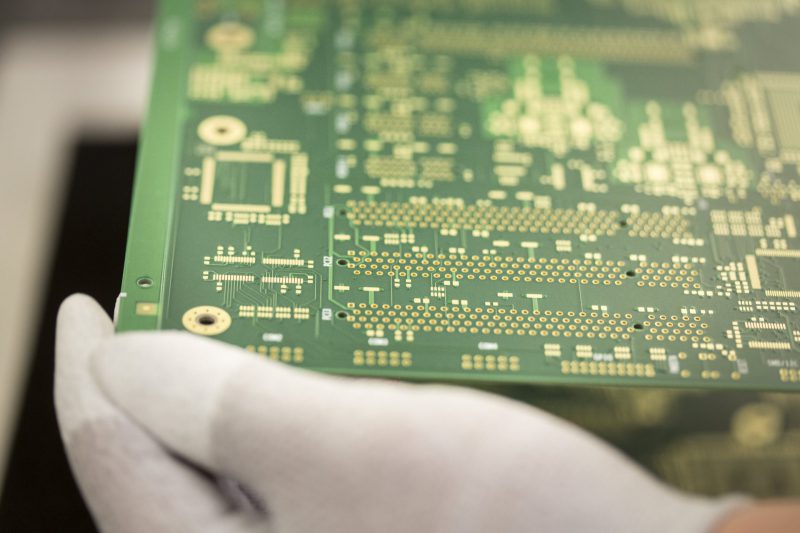The US chip export ban has been officially lifted as Germany’s Siemens received notice from the US government saying restrictions on the export of chip design software to China have been lifted, Bloomberg News reported, citing a statement from the tech company. This marks a significant reversal in the ongoing US chip export ban policies that had disrupted semiconductor trade and also affected the global tech supply chain between the two nations.
JUST IN: 🇺🇸🇨🇳 United States rescinds export restrictions on chip software to China, CNBC reports. pic.twitter.com/ktHKO8LVDD
— Watcher.Guru (@WatcherGuru) July 3, 2025
Also Read: Ethane Flow Restarts: China Taps US Supply After Rare Earth Deal
US-China Tech Sanctions Ease as Semiconductor Trade Resumes


The lifting of the US chip export ban comes after Siemens has restored complete access to its software and technology for Chinese customers. At the time of writing, earlier on Wednesday, the US sent letters to ethane producers to rescind a restrictive licensing requirement on exports to China imposed last month, and this signals broader easing of China tech sanctions.
Last week, the United States and China resolved issues over rare earth mineral and magnet shipments to the US, settling a dispute that had undermined a trade deal reached in May. The resolution also addressed the US chip export ban that had affected major semiconductor companies and also impacted global tech supply chain operations.
Trade Framework Resolution
China’s commerce ministry said on Friday that following talks with the US, the countries have confirmed a framework under which China will review export applications for controlled items while the US will cancel corresponding restrictive measures. This arrangement directly impacts the previous US chip export ban restrictions and also helps restore semiconductor trade between the nations.
Last month, Synopsys resumed offering some services in China, easing a suspension it had implemented to comply with US export controls. The company’s decision reflected the changing regulatory environment around China tech sanctions and also demonstrated how the US chip export ban had disrupted normal business operations in the global tech supply chain.
Companies Resume Operations
The US also suspended licenses for nuclear equipment suppliers to sell to Chinese power plants and restricted exports, including from electronic design automation software makers Cadence Design Systems, Synopsys and Siemens EDA. These restrictions were part of broader China tech sanctions that affected multiple sectors of the semiconductor trade industry.
While the pair disputed rare earth trade issues, the US curbed aviation exports, including suspending licences for GE Aerospace to ship jet engines for the C919 of Chinese aeroplane maker COMAC. The US also suspended licenses for nuclear equipment suppliers to sell to Chinese power plants and restricted exports, including from electronic design automation software makers Cadence Design Systems, Synopsys and Siemens EDA.
Also Read: China Increases Quota for Foreign Investments Ahead of BRICS Summit
Right now, the semiconductor industry is monitoring these developments as the restoration of normal business operations between US software providers and Chinese customers helps stabilize the global tech supply chain. The resolution of the US chip export ban represents practical cooperation between the world’s two largest economies in managing technology trade relationships while addressing security concerns and also promoting semiconductor trade normalization.





